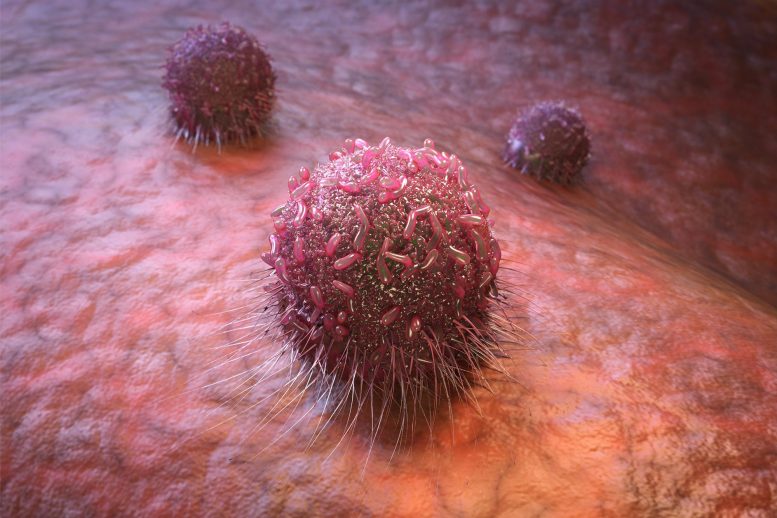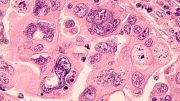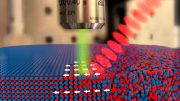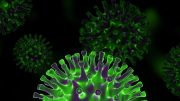
Researchers have discovered that an adjuvant named C100, derived from chitin, significantly enhances anti-tumor immunity when injected into tumors in an animal model. The study suggests that C100 effectively activates a crucial immune response pathway without undesirable inflammatory effects. The findings also indicate potential synergistic benefits when combined with other cancer immunotherapies, offering new avenues for treatment development.
Researchers at Trinity College Dublin have achieved a significant breakthrough that could lead to the development of innovative immune therapies for cancer. They found that a vaccine adjuvant or “booster,” known as C100, when injected directly into tumors in an animal model, promotes potent anti-tumor immunity.
The scientists found that C100, derived from chitin – one of the most common building materials in nature, and which gives strength to the exoskeletons of crustaceans, insects, and the cell walls of fungi – is highly effective at stimulating a key sensing and signaling molecule which regulates anti-tumour immune responses.
Their highly promising work has been published today in the leading international journal Cell Reports Medicine.
Ed Lavelle, Professor of Vaccine Immunology in Trinity’s School of Biochemistry and Immunology and based in the Trinity Biomedical Sciences Institute, is the senior author of the research. He said: “In situ vaccines are a form of cancer immunotherapy which aim to transition the tumor itself into a vaccine. For this to work well, you need to use an adjuvant, ‘or vaccine booster’ to kickstart anti-tumour immunity.
“As you’d expect there are numerous hurdles to clear even when you have isolated a potential target. One such target is a sensing and signaling molecule known as ‘STING’, but until now adjuvants targeting it have failed to clear some key hurdles in the cellular environment.”
Mechanism and Potential of C100
While further work is required, the newly published study characterizes C100’s mechanism of action and offers significant hope that it might clear some of these hurdles and ignite the immune response scientists and clinicians are hoping for.
The scientists now know how C100 exclusively activates one arm of a specific signaling pathway (cGAS-STING) without causing inflammatory responses that could interfere with anti-tumour immunity and which may otherwise prevent therapies from achieving clinical success.
Additionally, the team discovered that injecting C100 led to synergistic therapeutic effects with a “checkpoint blocker,” which can release the brakes on the immune response.
“This highlights the potential that C100 has for combination approaches with other cancer immunotherapies, which could help to improve response rates,” said Joanna Turley, co-first author of the research article.
“Our work offers detailed new insights into how C100 works, which is critical as you need a functional blueprint to be able to design a therapeutic battle plan, and we now have significant hope that C100 can be developed into a highly effective adjuvant for use in cancer immune therapies in the future.”
Joint first author, Ross Ward, added: “In situ vaccination has the advantage of not relying on identifying highly variable vaccine neoantigens, but requires potent and targeted adjuvants that can induce protective anti-tumor immunity. Our research indicates that C100 has substantial potential in this setting.”
Reference: “Intratumoral delivery of the chitin-derived C100 adjuvant promotes robust STING, IFNAR, and CD8+ T cell-dependent anti-tumor immunity” by Joanna L. Turley, Ross W. Ward, Jorge Huete-Carrasco, Natalia Muñoz-Wolf, Kate Roche, Lei Jin, Andrew Bowie, Mats Andersson and Ed C. Lavelle, 9 May 2024, Cell Reports Medicine.
DOI: 10.1016/j.xcrm.2024.101560
The study was funded by the Science Foundation Ireland and the Irish Research Council.









Be the first to comment on "New Vaccine “Booster” Found To Promote Powerful Anti-Tumor Immunity"